Never before has the planet been this warm. Although it is a beautiful experience to bask in the sunshine, being exposed to severe heat can be fatal. Long periods of time in hot weather can cause heat exhaustion, heat stroke, heat cramps, sunburn, and heat rash.
During times of excessive heat, we should all take measures to ensure that we remain cool and hydrated. Being able to cool off through sweating is not as efficient when the humidity level is higher than 75%, which is why it is even more vital to take precautions against heat. Here's something to keep in mind.
.
Cross-ventillation
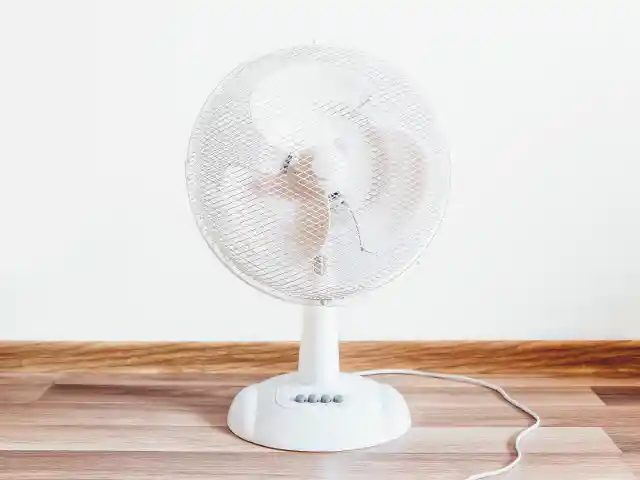
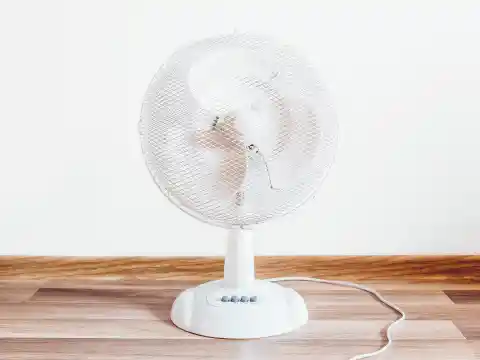
Improve airflow in your house by installing box fans and ceiling fans. An "exhaust" system can be created by opening doors inside the house and utilizing box fans to force hot air outside. This results in cooler evening air being drawn into the house. If you want to let in as much fresh air as possible on those chilly evenings, crack open every window. However, be cautious when opening windows during the day when the temperature is at its peak to prevent hot air from entering. Additionally, consider using window shades or curtains to block out direct sunlight and keep your home cooler.
.
Use house fans to make your own AC
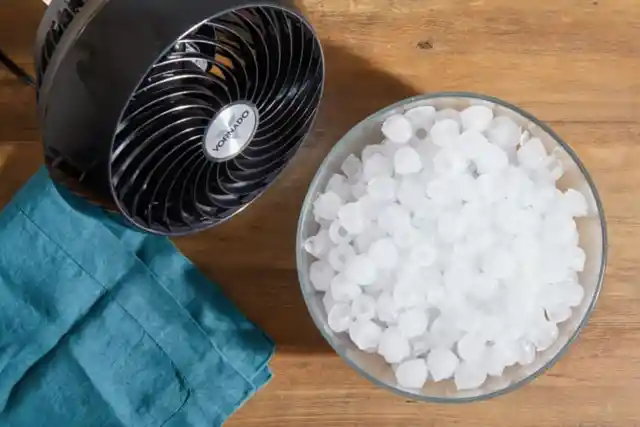
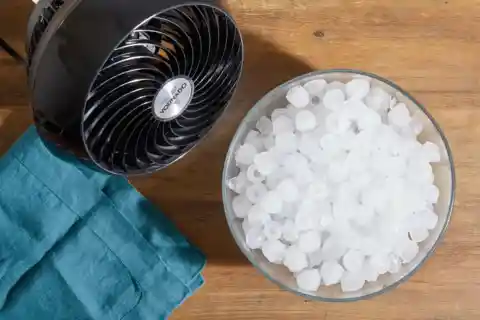
Compared to air conditioners, fans are far better for the environment and your wallet. They only consume roughly one percent of the electricity that air conditioning does. Put fans to good use by placing them in strategic spots throughout your space. If you're having trouble sleeping, try setting up a fan beside your bedside with an ice water basin nearby. The ice will condense into chilly air, which the fan will then direct at you. Subsequently, position a window fan so that it is facing outwards in order to expel the heated air from your bedroom.
.
Stay hydrated but in the right way


Keep drinking water since you might easily lose two to three gallons of water in a single day if the temperature is extremely high or if you are really active. If you are having trouble taking large gulps, you should take small sips throughout the day. Start your day with a glass of water. Start drinking electrolyte-containing beverages, such as coconut water, Smartwater, Gatorade, Powerade, and other similar beverages, as your sweating becomes more intense. This will allow you to recover the electrolytes that you have lost via sweating. Your body relies on electrolytes, which include minerals like potassium and sodium, which have an electric charge, for proper functioning. You will need to replace them once you have lose them out from sweat.
.
Lower the humidity
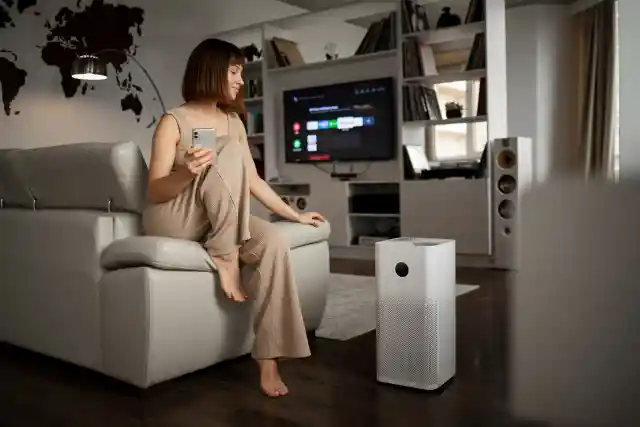
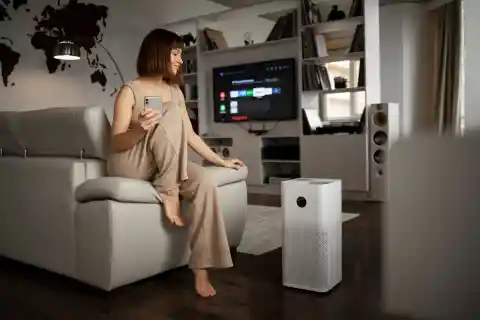
Reducing your indoor humidity won't make the room temperature any cooler, but it will make it feel cooler and improve your body's ability to manage the heat. The ideal indoor humidity level is between 40 and 50 percent, but it's not uncommon for rooms to reach 70 percent in more humid regions. Keeping the humidity lower will not only make you more comfortable, but it'll also protect your belongings.
.
Know Your Body’s Pulse Points


The groin, armpits, and back of the neck are the four main arteries on your body where the application of heat or cold has a significant effect on your core temperature. The back of the neck is the most convenient area for cooling out. Cool water is your buddy, but even water at room temperature is preferable to having nothing at all. Get a piece of damp cloth and wrap it around your neck, making sure the larger side is covering the back. If you're willing to part with some cash, there are a plethora of cutting-edge devices to choose from. Athletes that compete in hot weather often use wrist bands. Mostly because they are great at lowering your body's core temperature and protecting you from heat exhaustion.
.
Sleep level below
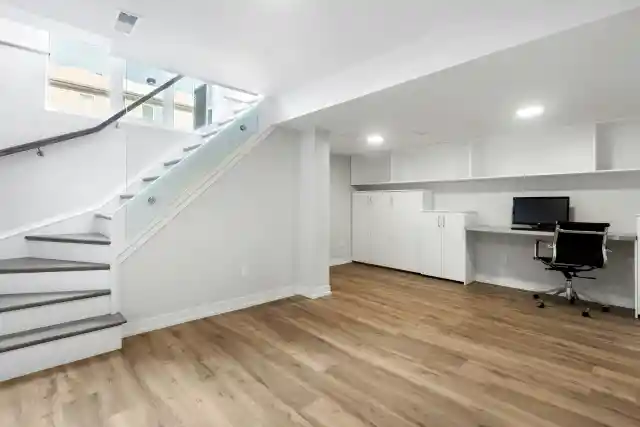
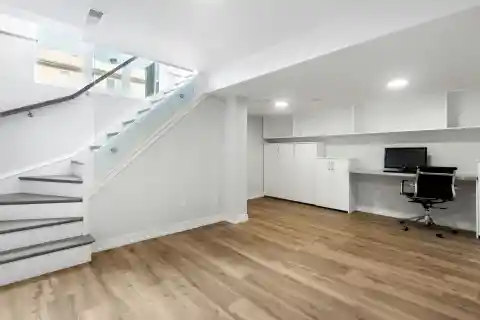
Considering that heat rises, it is likely that sleeping in a bedroom located upstairs will be warmer than sleeping in a bedroom located downstairs. Consider shifting to a lower floor if the temperature is too high for you to sleep on the upper floor. If you have a basement, it can be a good idea to use it as a location to cool off throughout the day as well as at night. Ventilation systems should be utilized in order to eliminate any humidity and moldy odors that are present in the majority of basements.
.
Eat right


Even if you have clear urine, you may still be dehydrated. When consumed on an empty stomach, plain water travels through the body at a rapid pace. This is because the digestive system is aware that there are no nutrients to be absorbed from the water, and because there is no food to digest, which necessitates the consumption of water, the body grants the water permission to move through the body at whatever rate it chooses. Keep to light, balanced, routine meals when the weather is hot. Eating water-rich foods such as strawberries, cucumbers, celery, and lettuce can also help you stay cool and hydrated during the heat. However, salty food is the finest option. Having salt in your system makes it easier for your body to absorb and retain extra water.
.
Cover appropriately
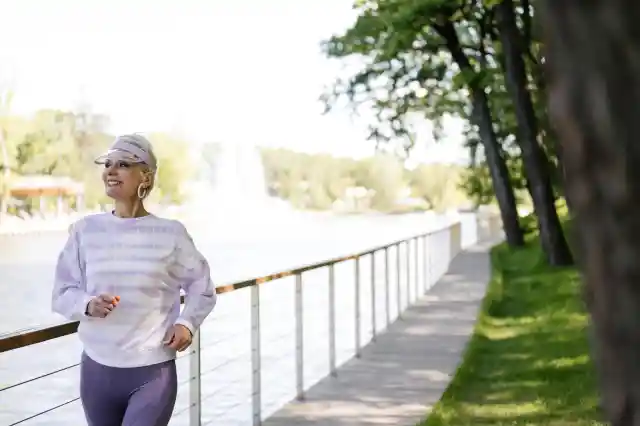
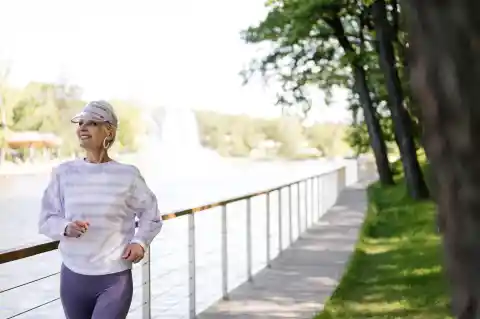
Take off layers if you are not going to be working outside for an extended period of time or going on a hike. More exposed skin equals more surface area for sweat to remove heat from your body. If, on the other hand, ensuring that water is retained is your primary concern, then continuing to wear long pants and sleeves is the best course of action. Although it may feel constricting, the fabric will actually protect you from sunburn by absorbing sweat and evaporating perspiration before it reaches your skin. Polyester and nylon clothing are common for hiking and camping trips where you are distant from home or other indoor accommodations. Cotton, on the other hand, is perfect for casual yard work or lounging around the house. So long as you are able to go inside whenever you want, you won't have to worry about getting hypothermia.
.
Block out the sun and heat during the day


Blackout curtains are a great way to keep your bedroom from being overly hot during the day, particularly during the warmer months of the year. Not only do they block light from the sun, but they also reflect heat, preventing it from entering your home through the windows and potentially lowering your energy costs. Take a pail of water and soak the bottom of your curtains in it, or spray them with cold water and let them sit there. Doing so will keep them moist throughout the day and reduce the temperature of the air that enters your home through the windows.
.
Consider cooling sheets, pillows, comforters, or mattress


A lot of mattresses, particularly those with regular memory foam, keep heat in. When it comes to sleep comfort, a mattress with cooling technology can really make a world of difference. In addition to increased breathability and airflow, it may actively dissipate body heat, making it seem cooler to the touch. If purchasing a new mattress is not within your budget, consider purchasing cooling sheets or pillows as an alternative. Look for organic cotton, bamboo, or linen sheets that allow air to circulate.
.
Upgrade Your Light Bulbs
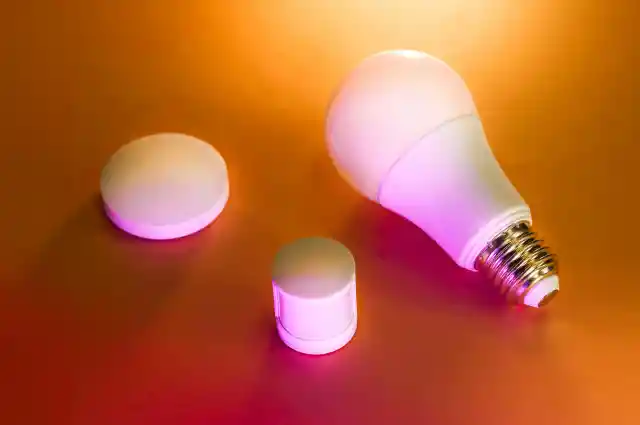
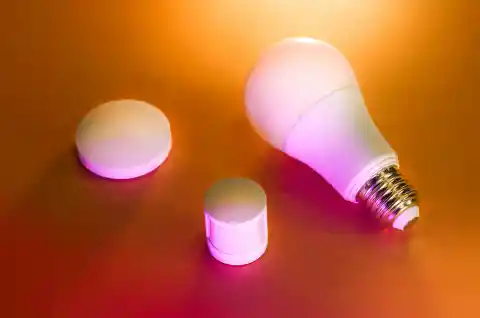
Incandescent light bulbs waste approximately 90 percent of their energy in the form of heat. This not only raises the warmth in your home but also uses less energy compared to the amount of light they produce. That being said, now would be an excellent time to make the move to more energy-efficient light bulbs. LED or CFL bulbs are a great option for reducing heat output and energy consumption in your home. Not only will this help keep your space cooler, but it will also save you money on your electricity bill in the long run.